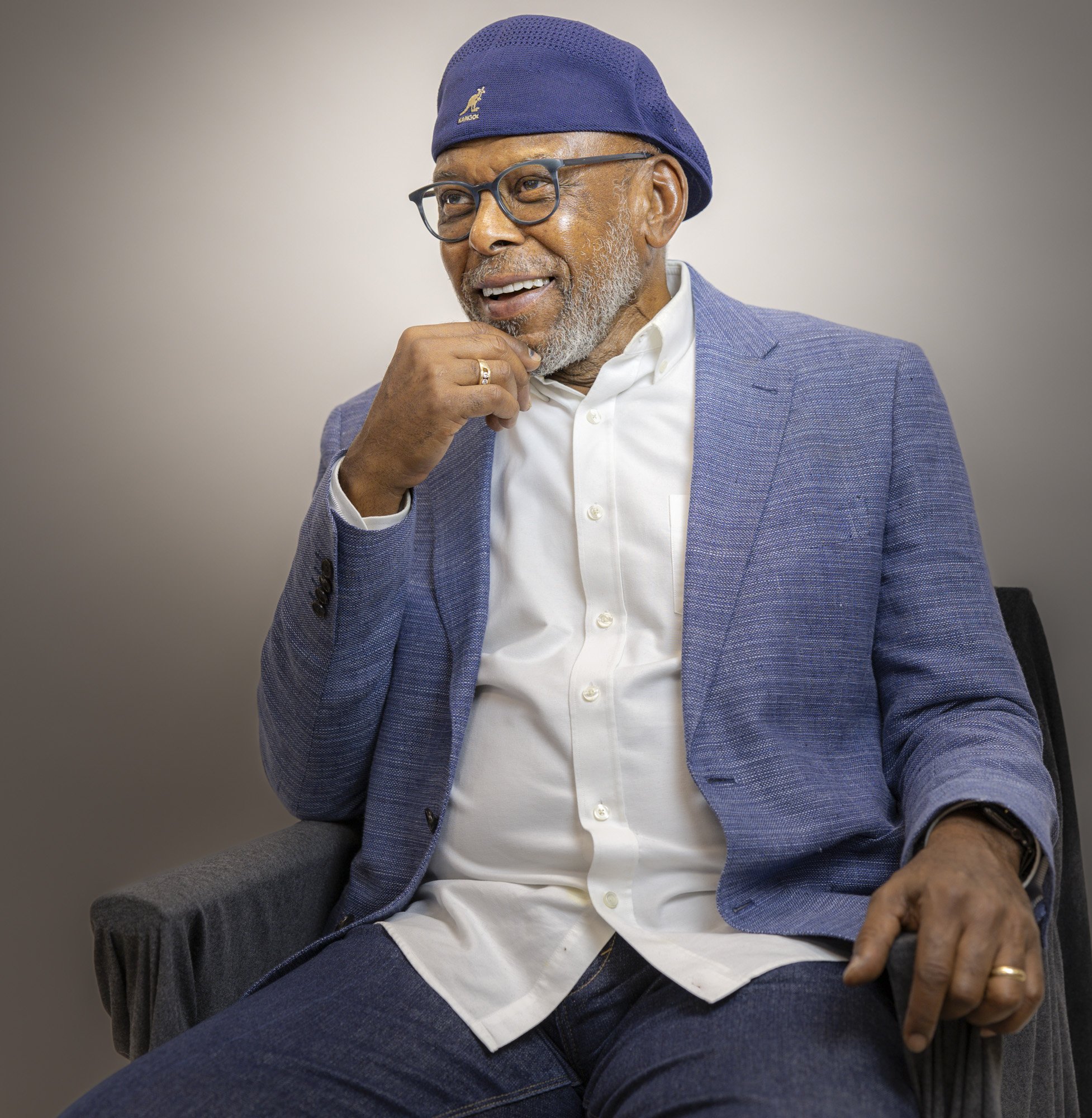Gregg Winston





Gregory Ambrose Winston
DOB: 8/7/1950 – 73 yrs. old
Gregg broke through the barriers of racial discrimination in his personal and professional accomplishments. After working in health-related positions for over 50 years, Gregg has been committing his time to promoting “health equity”, strongly believing that health care is a human right. He is now on the boards and commissions of many health care organizations in the Charlottesville region.
Gregg retired in 2014 to his ancestral land on the border of Fluvanna, living on 20 acres that was once part of James Garland’s 634-acre plantation where his ancestors were once enslaved. Gregg’s family history reveals that several freed Garland ancestors provided health care, including Dr. Sarah Garland Boyd Jones recognized as the first African American woman doctor in Virginia.
Gregg grew up in Kents Store in Fluvanna. He was heavily influenced by his grandfather who used to say, “Failure is not an option”. His grandfather ran his own sawmill, where Gregg got his start in the working world at the age of 13, driving, doing payroll, and helping with other business matters.
Gregg attended the Hollywood Rosenwald School for two years and went on to Central Elementary and S.C. Abrams High School in Fluvanna, where he was recruited to attend the University of Virginia Upward Bound program. Days before college classes were to begin, Gregg was invited to be the first African American academic student at Rice University in Houston, joining three other Black students on athletic scholarships. He was usually the only Black student in a sea of White students. Though he initially planned to become an engineer, he majored in Sociology and Political Science instead.
Following college, Gregg was a Social Worker in the Emergency Department at the Medical College of Virginia. A mentor advised him to get a masters in Healthcare Administration at Virginia Commonwealth University. He did so and proceeded to have a robust executive career with various hospitals and medical practices in various states.
Despite being a minority in many professional and personal situations, Gregg’s beliefs and industrious nature enabled him to be successful. Curious and adventuresome, he views himself as a life-long learner. He says he has always felt safe no matter where he was, allowing him to explore new opportunities.
Gregg’s journey, with a pathway built by his enslaved ancestors, guided by strong family and professional mentors, has led him to be a Black leader who serves as a role model for future generations.
For information about Gregg’s ancestral land:
